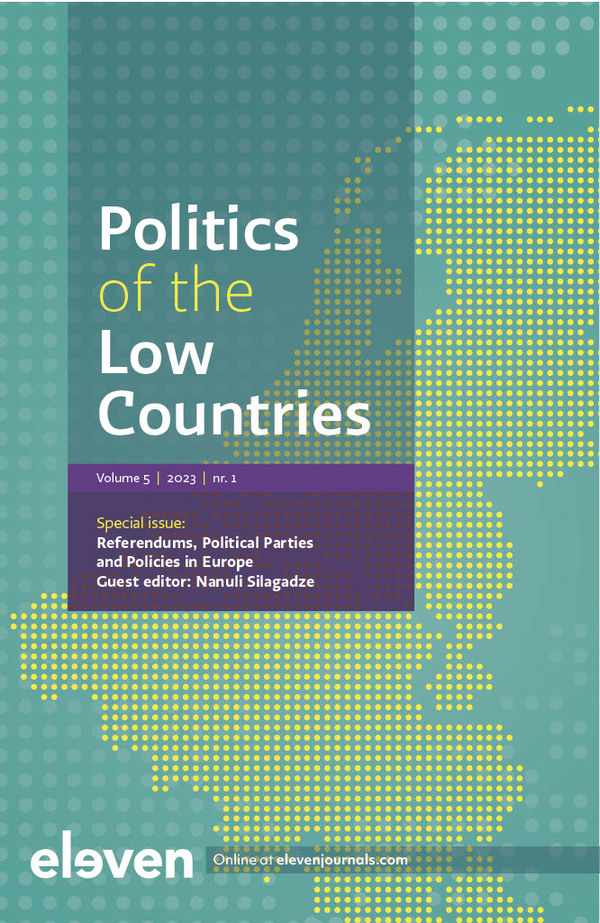|
Until recently, the Netherlands was one of the world’s largest tax havens. A key factor in the country’s fiscal appeal was its ruling practice, which was created as a result of the Marshall aid in 1945. The ruling practice has remained mostly stable since its foundation: it underwent incremental reforms in the 1990s and 2000s, but radical reforms in the 2010s. This article seeks to explain this stability and radical change. To do so, it turns to theories on the role of ideas and institutional path dependence. It finds that the tolerance of the US for aggressive tax policies by small states was an important precondition for the stability of the Dutch ruling practice. When this tolerance disappeared in the 2010s, the Netherlands was forced to reform its ruling practice. Thus, the agency of political actors may be overestimated and the structuring role of institutions and the international context downplayed. |


Politics of the Low Countries
About this journalSubscribe to the email alerts for this journal here to receive notifications when a new issue is at your disposal.
Issue Online First, 2024
Expand all abstracts
| Article |
Ruling the Dutch Tax Haven: How the United States Drove the Rise and Fall of the Ruling Practice of the Netherlands |
| Keywords | corporate taxation, tax competition, historical institutionalism, globalisation, tax rulings |
| Authors | Diederik Stadig |
| AbstractAuthor's information |

